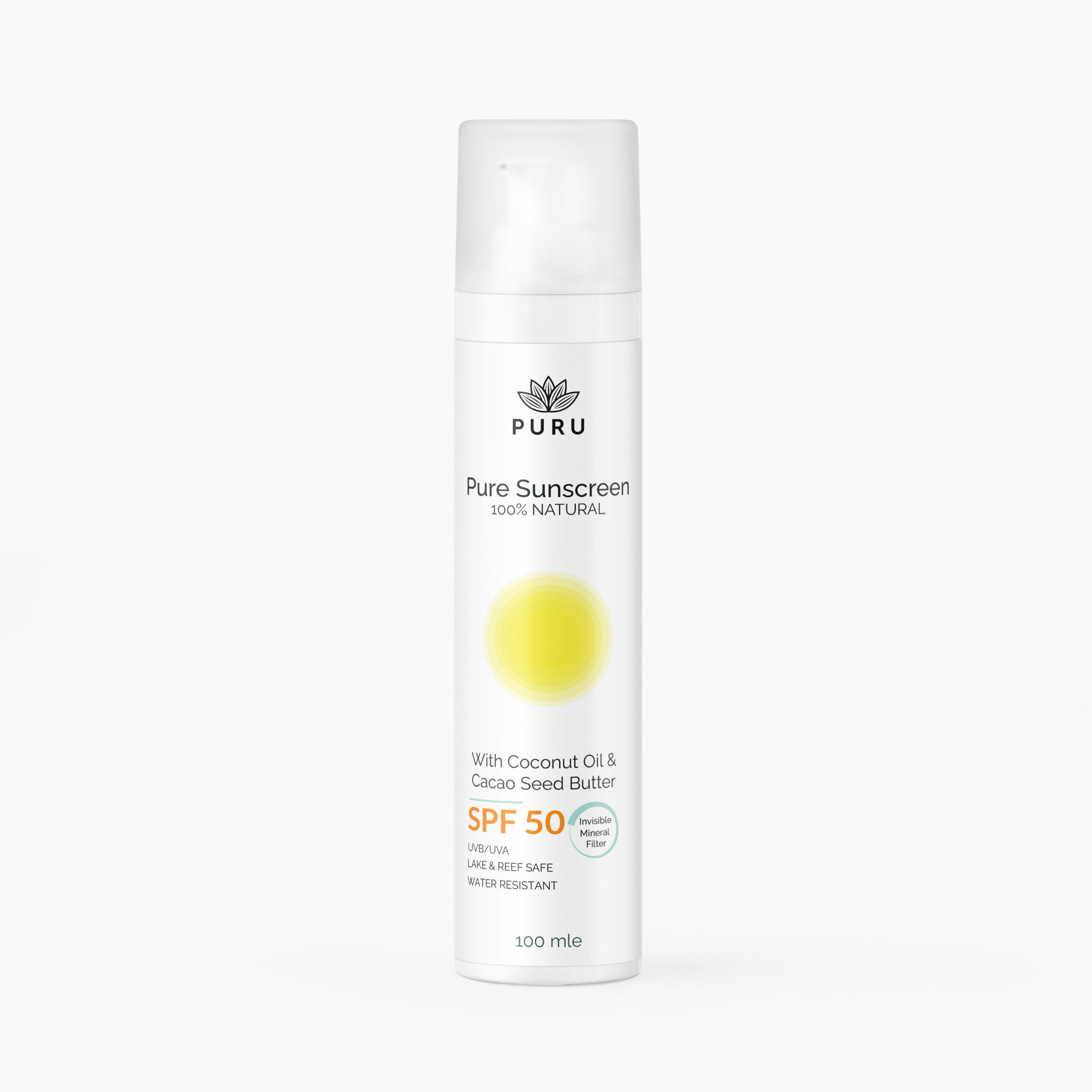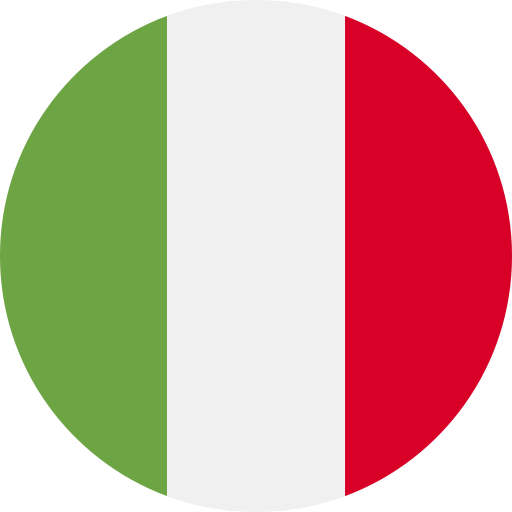Is your chemical sunscreen polluting the rivers, lakes and seas? Most commercially available sunscreen contains many chemicals, which can cause harm to the world’s rivers, lakes and seas.
Check Ingredients
Even sunscreen that looks natural, makes natural claims or says ‘BIO’ or ‘Organic’ can still be unsafe and you must check the ingredients. In reality, you don’t have time to check every ingredient so at PURU, we make sure that every ingredient is natural so you don’t have to worry.
The world’s rivers and lakes are home to much freshwater fish and vegetation that are crucial to the water ecosystem. These fish and other lake wildlife and plants can be harmed and affected by the use of chemical sunscreen.
Ecosystem
Other chemical sunscreens can not only cause damage to your body and skin but also to the precious Swiss waterways and the underwater ecosystem. The chemicals can come off your skin and seep into the water harming the environment.
#Lakesafe
The only way to ensure you are lake safe with your sunscreen is to use only 100% natural sunscreen. All PURU sunscreens are lake safe. See our range of lake safe sunscreen here #lakesafe
Unfortunately, the answer is probably yes. Most sunscreen products contain a number of chemicals that can be harmful to aquatic life and are generally harmful to the environment.
As humans, we all need to do our bit to keep these stunning bodies of water clean and safe, preserving them as much as we can. Most commercially available sunscreen contains many chemicals, which can cause harm far beyond what the eye can see. By conserving our waterways we can help protect native animals & plants and keep these spaces beautiful for future use.
How it does affect the waterways?
Although wearing sunscreen when exposed to the sun is a non-negotiable part of your beauty routine, the easy part is choosing and changing what sunscreen you wear. Making reef-safe and lake-safe choices is easy and can have a big impact on our coast. How does it happen? Firstly, the chemicals that you wear on your body will naturally end up in the water. When you’re in the water, the chemicals are in the water with you. Second, thousands of bottles of sunscreen are ending up in the water by simply being washed away. Every bottle that ends up in the water can be very harmful to marine environments, causing irreparable damage. It’s important to always take your belongings and litter with you, so as it doesn’t get washed away or be mistaken for food by birds.
Why does it affect the water?
Many sunscreens contain octinoxate and oxybenzone, chemicals that are detrimental to our waterways, whether they are on our bodies or in vessels being washed away. Not only is oxybenzone a hormone disruptor to humans, but it is also a hormone disruptor to coral life, ultimately leading to bleaching, and can cause genetic damage to marine life.
Check Ingredients
Find a sunscreen that is labelled ‘reef-safe’ or a physical/mineral-based sunscreen that has Non-Nano zinc oxide as the active ingredients. Even sunscreen that looks natural, makes natural claims or says ‘BIO’ or ‘Organic’ can still be unsafe. At PURU, we make sure that every ingredient is natural so you don’t have to second guess the ingredients. In many cases, a seemingly natural product can be misleading and we do our best to always be transparent with our claims. PURU stands behind all the ingredients used and they are scientifically proven to nourish the body while not having any ounce of detriment to our environment. This is why it has taken us years to perfect the PURU formulations.
Ecosystem
Many commercial chemical sunscreens can not only cause damage to your body and skin but also to the precious Swiss waterways and the underwater ecosystem. The chemicals can come off your skin and seep into the water, cumulatively harming the environment.
Furthermore, the world’s rivers and lakes are home to much freshwater fish and vegetation that are crucial to the water ecosystem. These fish and other lake wildlife and plants can be harmed and affected by the use of chemical sunscreen that contains octinoxate or oxybenzone.
#Lakesafe #Reefsafe
The only way to ensure you are lake-safe with your sunscreen is to use only 100% natural sunscreen. AllPURU sunscreens are lake-safe and reef-safe, making coral recovery a future possibility.
See our full range of lake-safe sunscreen here: PURU Suncare

Pure Sunscreen SPF 50 – Zero White Cast
100% Natural Mineral-based Sunscreen with High Protection and Organic Ingredients. Eco-friendly and respectful of the environment.




